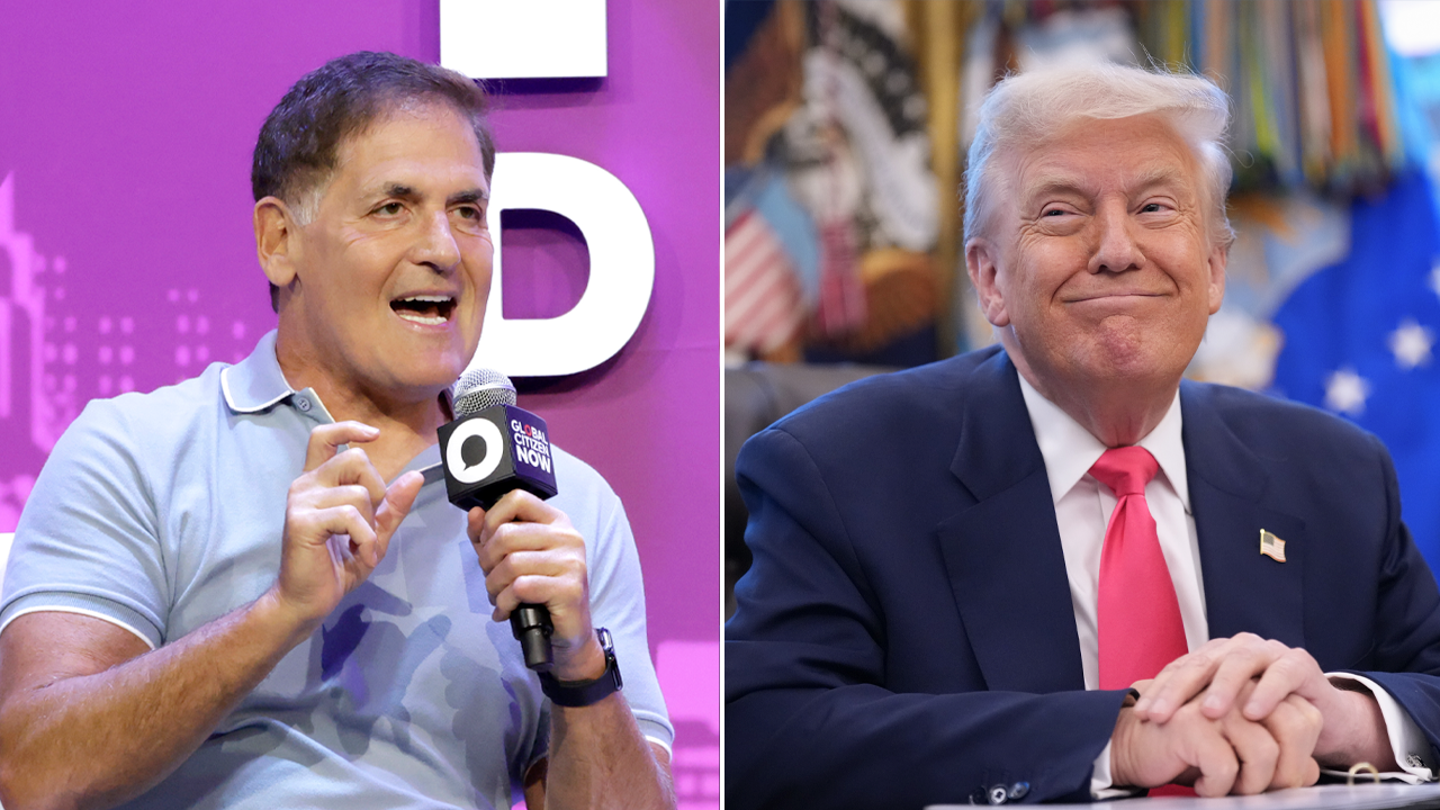
Mark Cuban says Trump running for a third term would push him into 2028 race
Entities mentioned:
- Mark Cuban: Duty, Self-preservation, Righteousness
- Donald Trump: Power, Ambition, Legacy
- Democratic Party: Unity, Power, Influence
- J.D. Vance: Ambition, Loyalty, Power
- Scott Galloway: Ambition, Recognition, Influence
- Jon Stewart: Influence, Righteousness, Recognition
- James Talarico: Ambition, Influence, Recognition
Article Assessment:
Credibility Score: 70/100
Bias Rating: 55/100 (Center)
Sentiment Score: 45/100
Authoritarianism Risk: 35/100 (Generally Democratic)
Bias Analysis:
The article presents multiple perspectives and quotes directly from the primary source. However, it leans slightly right by focusing on Democratic Party struggles and Trump's influence, while not deeply exploring alternative viewpoints.
Key metric: Political Stability Index
As a social scientist, I analyze that this article highlights the ongoing political uncertainty in the United States, particularly within the Democratic Party. Mark Cuban's conditional stance on running for presidency underscores the lingering influence of Donald Trump on the political landscape, even after his presidency. The mention of Trump potentially seeking a third term, though unconstitutional, suggests a persistent challenge to democratic norms. The Democratic Party's struggle to find new leadership indicates a period of transition and potential ideological shift. Cuban's preference for non-traditional political figures as potential candidates reflects a growing disillusionment with established politicians, which could impact future voter behavior and party dynamics. This situation could lead to increased political polarization and instability, potentially affecting the country's Political Stability Index.

‘It felt like a scene from The Handmaid’s Tale’: US comics on the dangers of political satire
Entities mentioned:
- Jena Friedman: Freedom, Justice, Professional pride
- Michelle Wolf: Professional pride, Freedom, Determination
- Sam Jay: Curiosity, Unity, Professional pride
- Donald Trump: Power, Control, Recognition
- US Immigration and Customs Enforcement: Control, Security, Duty
- Stephen Colbert: Justice, Professional pride, Freedom
- Jon Stewart: Justice, Freedom, Professional pride
Article Assessment:
Credibility Score: 75/100
Bias Rating: 35/100 (Lean Left)
Sentiment Score: 35/100
Authoritarianism Risk: 25/100 (Generally Democratic)
Bias Analysis:
The article leans left, presenting perspectives critical of the Trump administration and conservative policies. It primarily features liberal-leaning comedians and their concerns, with limited counterbalancing viewpoints.
Key metric: Freedom of Speech Index
As a social scientist, I analyze that this article highlights growing concerns about freedom of speech and political satire in the United States, particularly in the context of comedy. The experiences of comedians like Jena Friedman, Michelle Wolf, and Sam Jay reflect a perceived 'chill' in the industry regarding political comedy. Their encounters with border control, decisions to live abroad, and careful considerations about content suggest a climate of wariness and self-censorship. The cancellation of Stephen Colbert's show and Jon Stewart's comments further underscore industry-wide concerns about the suppression of critical voices. This situation potentially impacts the Freedom of Speech Index by indicating a trend towards self-censorship and institutional pressure on political commentary, which could lead to a decline in open discourse and satirical expression in the United States.